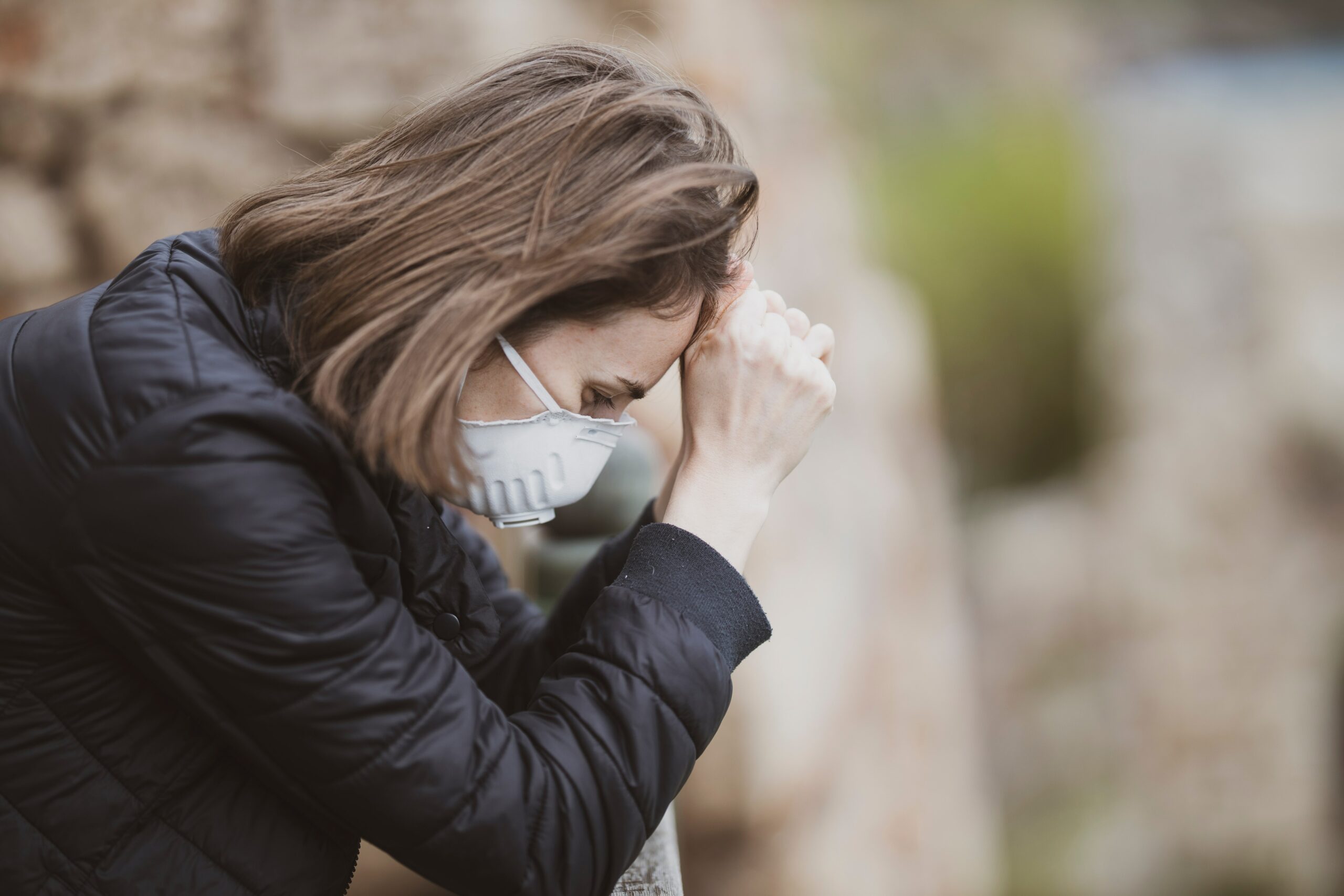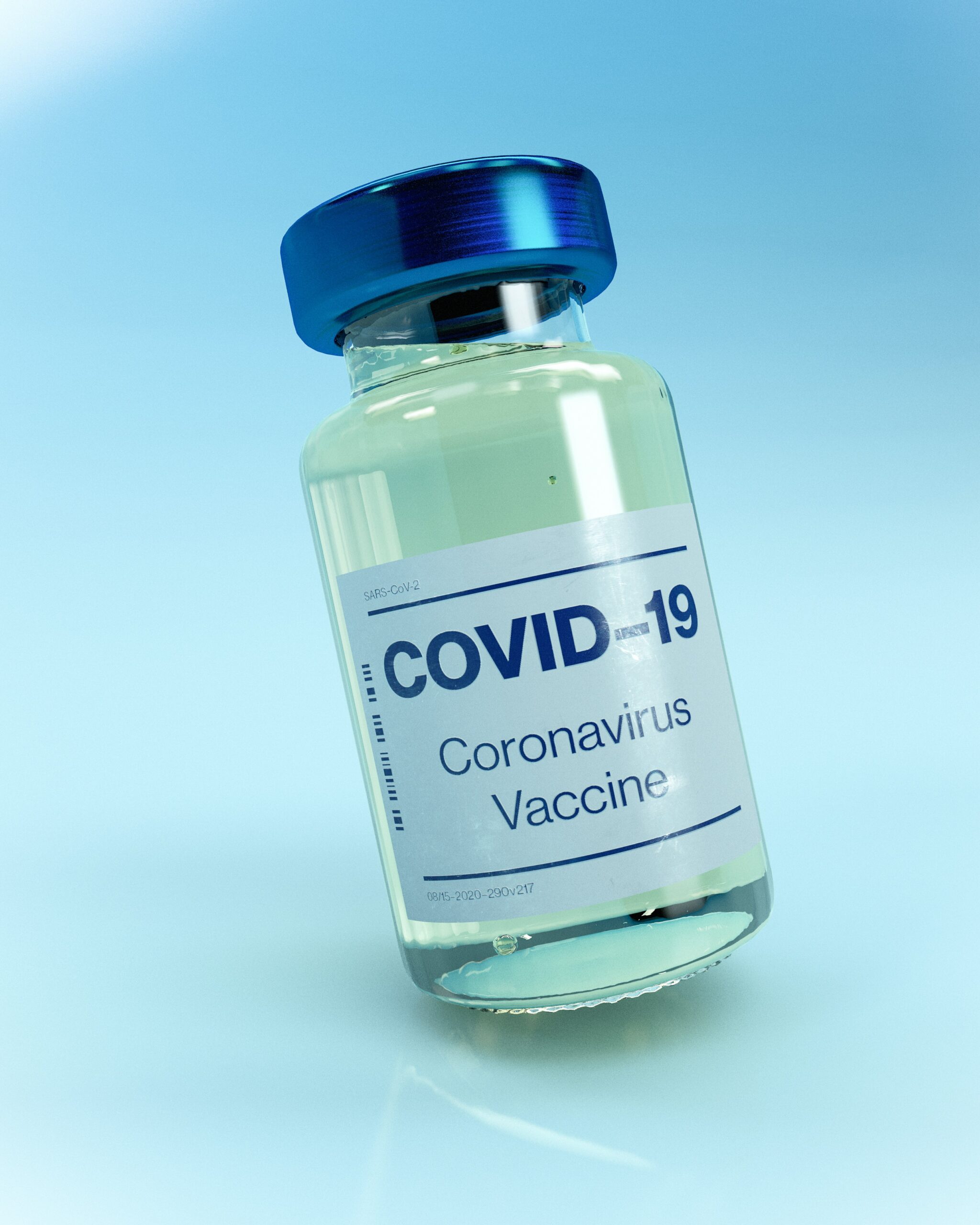New figures suggest that teachers are not at significantly higher risk of death from Covid-19 than the general population.
 Data from the Office for National Statistics (ONS) has revealed that care workers, restaurant staff, taxi drivers, security guards, nurses and people working in certain manufacturing roles were among those with the highest death rates.
Data from the Office for National Statistics (ONS) has revealed that care workers, restaurant staff, taxi drivers, security guards, nurses and people working in certain manufacturing roles were among those with the highest death rates.
Secondary school teachers, meanwhile, may have been at slightly higher risk than the average person, but not measurably so.
The ONS examined coronavirus death rates in England and Wales between 9th March and 28th December 2020. They found that 31 in every 100,000 working-age men and 17 in every 100,000 working-age women had died from the virus, equating to just under 8,000 deaths among those aged 20-64.
For teachers, there were 18 deaths in every 100,000 for males and 10 in every 100,000 for females.
Looking specifically at secondary school teachers, this did rise slightly to 39 deaths per 100,000 people among men and 21 per 100,000 among women.
This compares, however, to 110 in every 100,000 male care workers or 47 per 100,000 female care workers, as well as, among working-age men:
- 119 in every 100,000 restaurant or catering workers
- 106 in every 100,000 metal-working machine operatives
- 101 in every 100,000 taxi drivers
- 100 in every 100,000 security guards
- 79 in every 100,000 nurses
High risk jobs?
Working-age people who died from Covid-19 in 2020 were much more likely to be male and to work in jobs where they were either regularly exposed to known Covid cases or where they were frequently in close proximity to other people more generally.
The data shows that the highest-risk jobs also tended to be relatively low paid and were also more likely to be casual or insecure, without the benefit of sick pay. This included, for example, care work, hospitality and taxi driving.
 While teachers were not at higher risk than the general population, the figures do suggest they are at higher risk than those in some other professional job roles, which have seen very few or no deaths.
While teachers were not at higher risk than the general population, the figures do suggest they are at higher risk than those in some other professional job roles, which have seen very few or no deaths.
But teachers do not seem to have an elevated risk of the huge scale faced by health and care workers or by those in lower-paid manual and service roles.
It should be noted that the data does cover periods where there were limited numbers of children attending school. However, some groups of workers with significantly higher death rates also saw their usual working activities paused for periods of time last year, such as those working in the hospitality sector, or construction and factory workers.
Other risk factors
The figures demonstrate the death rates experienced in each occupation group, but do not indicate causality. The ONS looked at age and sex but did not adjust figures for ethnicity, health or socioeconomic status, which are all factors which might influence an individual’s risk from the virus, aside from their job role.
The study focused just on death rates and did not consider the rate of infections which may result in serious illnesses.
Early data did indicate that teachers may have an increased risk of contracting Covid-19, but the figures were again not high enough to be considered statistically significant.
 An analyst from the ONS, Ben Humberstone, commented: “As the pandemic has progressed, we have learnt more about the disease and the communities it impacts most. There are a complex combination of factors that influence the risk of death; from your age and your ethnicity, where you live and who you live with, to pre-existing health conditions.
An analyst from the ONS, Ben Humberstone, commented: “As the pandemic has progressed, we have learnt more about the disease and the communities it impacts most. There are a complex combination of factors that influence the risk of death; from your age and your ethnicity, where you live and who you live with, to pre-existing health conditions.
“Our findings do not prove that the rates of death involving Covid-19 are caused by differences in occupational exposure.”
Vaccination priority for teachers?
The Director of Policy for the Association of School and College Leaders teachers’ union, Julie McCulloch, said: “When trying to understand rates of coronavirus-related deaths, there are likely to be many complex factors and we need to be careful not to jump to conclusions about the relative risks of different workplaces.
“What we do know is that, when schools are fully open, education staff are asked to work in environments that are inherently busy and crowded. In order to give them reassurances, and to minimise the disruption to education, it is vital that they are prioritised for vaccination as soon as possible.”
 The vaccination programme is currently being rolled out according to what will save the most lives and prevent the most severe illness.
The vaccination programme is currently being rolled out according to what will save the most lives and prevent the most severe illness.
The current priority list includes the oldest age groups, people who are clinically vulnerable and frontline care staff who are regularly exposed to the virus. Once these groups have received the jab, the government will need to publish a new priority list.
It has been debated whether teachers should be prioritised for vaccination and Nadim Zahawi, the vaccines minister, has suggested that people could be prioritised on the basis of their work, including teachers, retail workers and police officers.
First Response Training (FRT) is a leading national training provider delivering courses in subjects such as health and safety, first aid, fire safety, manual handling, food hygiene, mental health, health and social care, safeguarding and more.
They work with a large number of early years and childcare providers, as well as schools, colleges, and children’s services. Their courses include Health and Safety for Child Carers, Paediatric First Aid and Safeguarding Children.
A trainer from FRT says: “It is certainly good news that the data indicates that teachers are not at increased risk of death from Covid-19.
“We will have to wait and see what is decided about further vaccination priorities. For now, we sincerely hope that measures to contain the growth in coronavirus cases are successful and that case rates come down quickly so that children and teachers are able to safely return to school and the UK in general can look to move towards some return to normality.”
For more information on the training that FRT can provide, please call them today on freephone 0800 310 2300 or send an e-mail to info@firstresponsetraining.com.
